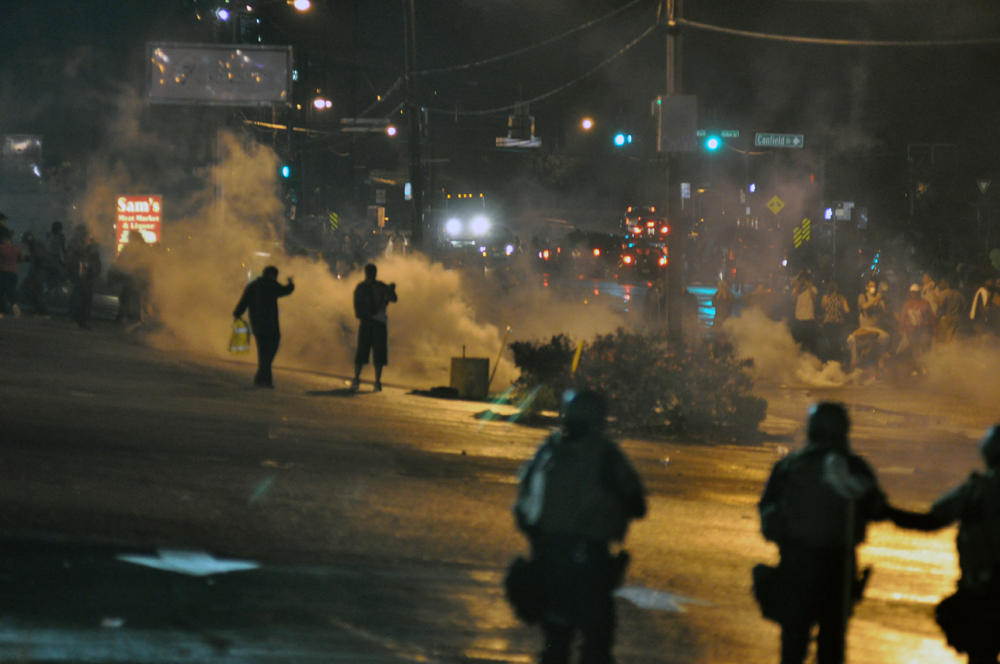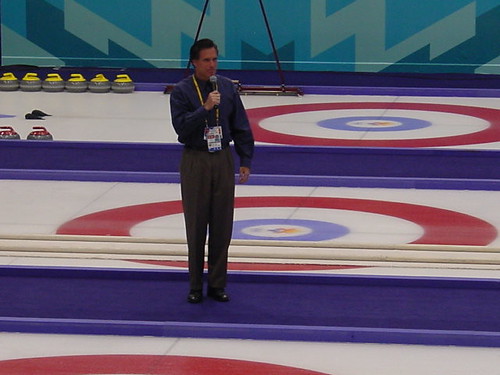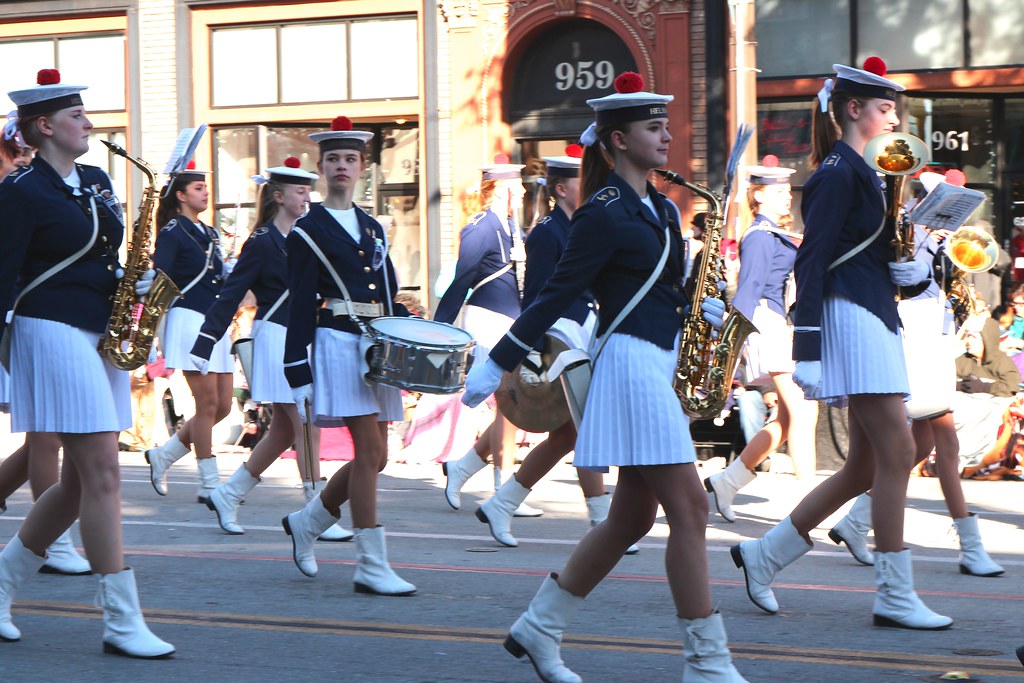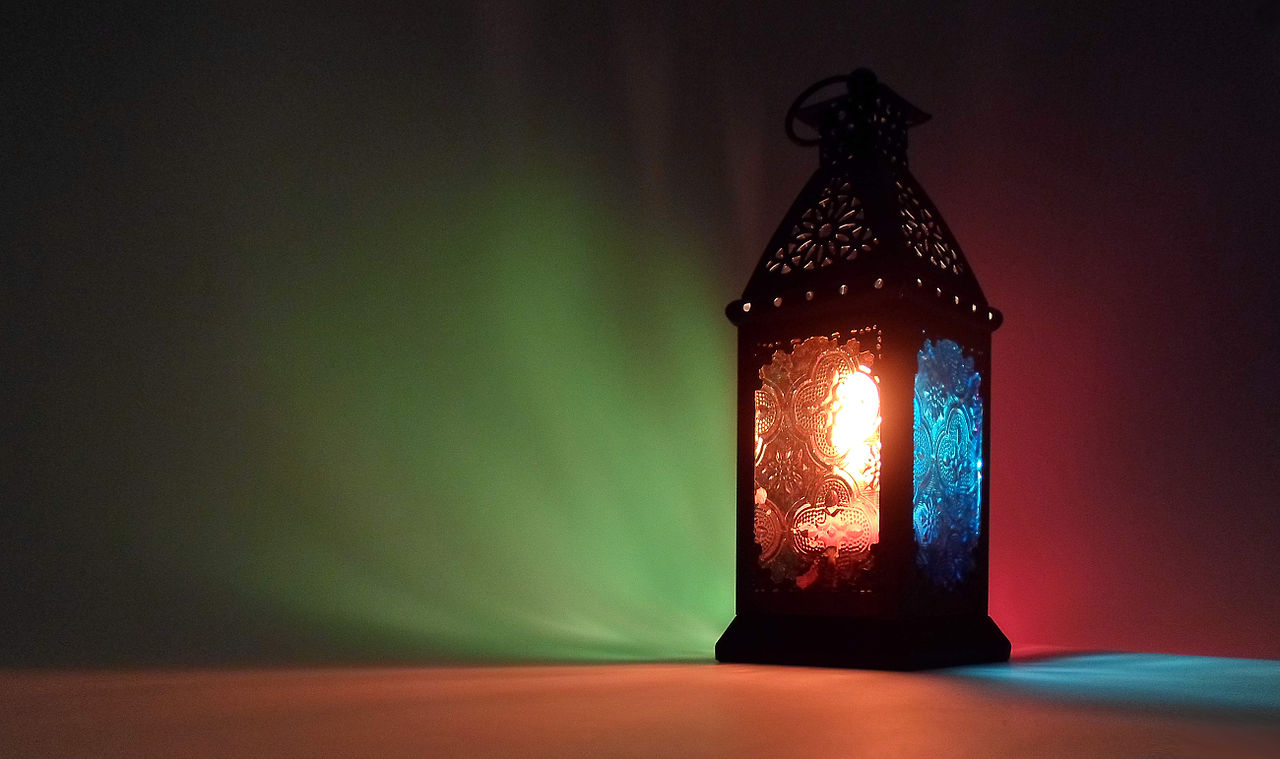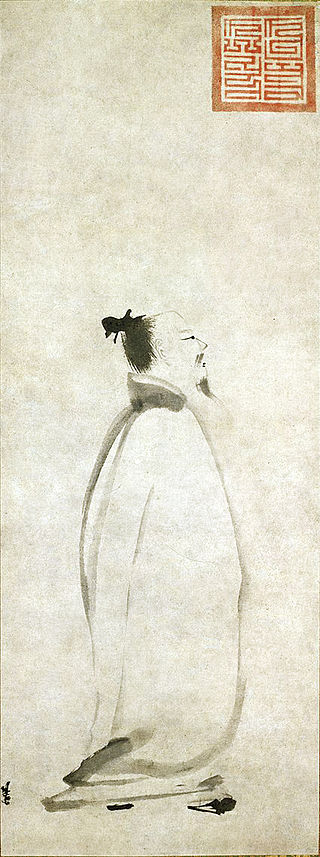 |
| Thomas D'Arcy McGee |
Out of idle curiosity, I recently had a look at what lesser
parties are still in operation in Canada. I was a bit surprised to see the
Communists still there, and still with leader Miguel Figueroa. I wonder that
they still have sufficient constituency. Of course, they only ever got a few
hundred votes anyway, but it is remarkable they have the volunteers and
organizers to keep a party in some sort of operation. I guess they get enough poli sci grad students.
There are not many good excuses for a political party. You
need some new and fairly comprehensive political ideology. There are, to be
sure, single issue parties, like the Greens, the Pirates, or the Native People's Party. But such groups have no staying power. All the established parties have to do
is co-opt your issue the moment it looks like drawing significant support. Up in smoke, as the Marijuana Party might say.
So you have room for one right-wing party, and one left-wing
party. Canada anomalously has two on the left, because there used to be a clear distinction
between liberalism and socialism. Leaving, as a historical artifact, two
parties with a claim to being the true voice of the left, until one can finally bury the other. Then there is space left for a Libertarian
option—this is the ideology that used to be called liberalism. Theoretically,
there is also room for a Christian Heritage Party, which emphasizes social
conservatism. Such parties are familiar in Europe. In Canada, this tendency has tangled itself up
with the economic theory of Social Credit. This was useful for a time, but probably has not helped it
maintain credibility over the long term.
 |
| The three mousketeers. They immediately split into two parties. |
I see room—indeed a need—for another party in Canada. I’d
like to call it “Canada First,” but that historical term has been
unfortunately tarred, fairly or unfairly, with the brush of anti-Catholicism
and anti-Francophone sentiments. Perhaps we could call it the Canadian Unity
Party, because that too summarizes its ideology. Its purpose would be
to promote Canadian unity against the tendencies that divide us.
It would be, put simply, a nationalist party. Nationalism is
not generally a good thing; it is an easy idolatry, and has caused much harm in
recent centuries. However, Canada has a special need here. Because we are so
large, with such a dispersed population, it is easy to lack any feeling of family. Eastern bastards can be cursed to freeze in the dark. This is made worse by the specifics of our geography: Newfoundland is cut off
geographically from the Maritimes, which are cut off geographically from the
St. Lawrence Valley, which is cut of geographically from the Prairies, which
are cut off geographically from the BC interior, which is cut off
geographically from the coast. Being relatively young as a country doesn’t help. We are
also, politically, one of the most decentralized nations on earth.
So a push or two in the other direction is probably a good thing.
Our spiritual founder is Thomas D’Arcy McGee. He was
the first to call for a new and unique Canadian nationality and culture. He saw
that the alternative was simply indefinitely remaining a branch plant of
England, a second-class existence in a second-class place. Today, the issue is
almost the same: it is remaining a branch plant of the US.
An important caution: to avoid becoming toxic, any Canadian
nationalism must not be a nationalism framed as against any outside group. This
includes Americans.
Platform:
1. Moratorium on immigration on all but
compassionate grounds for ten years, while a commission studies real costs
and benefits.
This
is important for maintaining Canada as we know it. It is a unique culture, with
a unique respect for law and order, politeness, common decency, honesty, and
good neighbourliness. Do we risk losing all this by letting in people faster
than they can be assimilated?
The
current parties will not go near the issue with a ten-foot Ukrainian. On the
one hand, they will be accused of racism. On the other, it is in the vested
interests of big donors to have access to the pool of cheap labour rapid
immigration provides. For this reason, there is a real possibility the
interests of Canada are not being served here.
That
leaves a niche needing to be filled, as UKIP, for example, has done elsewhere.
At a minimum, it is time for an open, honest debate.
2. End to all funding for multiculturalism.
Multiculturalism expresses a death wish. The goal should be
to assimilate immigrants, not to alienate them. Multiculturalism is also divisive,
implies two levels of Canadians, and is offensive to most immigrants. We decry
the “human zoos” of yesteryear. Do you see any difference?
 |
| Lucy Maud Montgomery. Put her on the ten? |
3. Increased support for Canadian culture.
It may go against liberal/libertarian principles, but
government support for the arts has been successful in Canada. Look, for
example, at the health of the Canadian pop music world since Canadian content rules were
imposed. In fact, the arts are one thing that has always and everywhere been
subsidized by governments. The arts are the very bricks and mortar of a
culture, the very stuff that holds us all together.
One proposal: fund the CBC, but require it to run 100
percent Canadian content. Same for Radio-Canada. This way, it will not be
competing directly against the private sector with an unfair government
subsidy. The CBC can be used, in turn, to promote awareness of Canadian novels,
poetry, music, painting, and so forth. Culture should be its main focus.
Tax breaks for artists are also a reasonable idea. Besides being
good for the country, such a policy would probably be good for the success of
the party. As Shelley said, poets are the unacknowledged legislators of the
nation. Get them on your side, and much can be accomplished.
Another proposal: designating important Canadian cultural
properties. Asian governments commonly do this: they declare a work or an
artist important to the national culture, drawing attention to it. This is
good for raising awareness, for tourism, and for the business side of the arts.
In the case of an artist, the designation should come with a permanent
government stipend, allowing them to continue their work. In the case of a
work, this might involve funding for restoration or preservation if needed.
Also: artists on the currency. Nobody else puts political
leaders on notes except dictatorships and the United States. The US at least
has the excuse that their leader is also head of state.
4. Senate elected proportionally by an electorate
of the whole.
If each senator represented all Canadians, the upper house would
become a voice for Canadian unity, while the lower house, the ”House of the Regions,”
protects local interests. We need such a body.
5. Increased funding to the military: to the 2% of
GDP required by our treaty commitments.
This might not appear to be about national unity, but it is.
At present, our low level of military spending is based on the tacit assumption
that, if trouble erupts, the US will take care of us. This makes us a colony;
just as it did when we left our defense needs to England.
At the same time, the military is a national institution,
and service in the military, with its moves from base to base, tends to give
one a national perspective.
6. Every high school graduate given, as a graduation
gift from the nation, a voucher good for travel by train or bus to any point in
Canada, return, and a voucher for two weeks’ stay in hostels.
This would be a good way to impress awareness of the rest of
Canada on young people just starting out in life. It would cost, but I think
the cost could be justified. It would encourage kids to finish high school,
boosting their earnings over the long term, and so boosting their tax
contribution later. Studies suggest that material incentives work pretty well
at keeping kids in school.
7. End to all equalization payments, and all
incentives to industry to locate in poorer regions of the country.
These
are opportunities for graft, porkbarrelling, and corruption in general. They distort
the market. They are unfair. They are often money going from the poor to the
rich. And they send the wrong message, reinforcing allegiance to the region
rather than the country. If a Canadian cannot find a good job in his home town,
he should be encouraged to move. He should see the whole country as his home.
He should not be encouraged to see no further than his home province.
8. Require all immigrants to renounce any previous
citizenships.
Yes,
we are also talking about a moratorium, but there will still be compassionate cases,
and larger-scale immigration will probably resume after ten years. Requiring this
would do something at least to ensure that newcomers are sincere in their
commitment to Canada. This is a good measure of their determination to
assimilate instead of retaining or even imposing their previous culture.
9. Revoke the citizenship of any dual citizen who
commits a felony.
After release from imprisonment, that is. This is admittedly
just an extension of the current Conservative policy. Thanks for the idea, Mr.
Harper.
When Canadians take another citizenship, they are creating
two classes of Canadians—those who are 100% Canadians, and those who have
divided loyalties. If they are not fully committed to Canada, Canada should not
be fully committed to them. It just evens the balance.
10. On the same principle, that all Canadians should
be treated equally, an end to all “affirmative action” programs; indeed, a
prohibition.
Affirmative action is based on the idea of hyphenated Canadians
with varying rights. One’s commitment should be to Canada, not to one’s African
or Native ancestry. By the same token, the government of Canada’s commitment to
you should be as a Canadian, not an African or a Native. Or a member of any
other special interest group.
11. On the same principle, a general understanding that aboriginal rights are treaty trights, no more and no less.
When we are bound by treaty, it is a matter of national honour to keep to the terms. But otherwise, we want no first class and second class Canadians. There are no "First Nations." All Canadians should be treated by their government as equals.
 |
| Taking the civil service exam. |
12. Objective blind tests to qualify for all jobs
salaried by government.
If
you go in to a Canadian Employment office, you will see lots of government jobs
advertised. But if you try to apply for any of them, the clerks will discourage
you. They will explain that the jobs are only posted to fulfill legal requirements,
but the government almost certainly already has a candidate In mind.
This
is corruption. Canadians should expect that they all have an equal and fair
chance at government work. Otherwise, the government is not being run for
Canadians, but for small cliques.
All
government-funded jobs should be put out to open competition, and the competition
must be both truly open and truly blind. A written test thrown over a wall was
how they did it in imperial China. Worked well for two thousand years.
13. Recall for public servants.
To prevent the civil service from becoming, or remaining, a
ruling class with their own special interests, it ought to be possible for the
employer, the public, to fire functionaries if they do not perform their job
sufficiently well.
A given number of complaints about the performance of a
public servant, or a petition with a given number of signatures, ought to
legally force their dismissal.
Of course, the relevant public would have to be determined
carefully for each job. For teachers, no problem: the parents. For college
teachers, the students. For judges, it obviously could not be criminals
appearing at the bar, nor could prisoners pass judgment on prison guards. In
all cases, however, it cannot be, as usually at present, peers within the
public service. Nor can it properly be nominal superiors. It must be the
public.
14. On foreign affairs, general support for free
trade on a reciprocal basis, for international cooperation agreements, and for
collective security. A good (world)
citizen policy.
It is vital that nationalism not devolve into anti-outsider
attitudes. Being an international good neighbor is the surest way to fight against
this tendency. Besides, the logical extension of "Canada first" principles into foreign affairs is "mankind first."
15. On taxation, as a general principle, no special tax breaks or incentives.
These may at times be useful, but in general, they are another case of not treating Canadians equally, and of giving advantages to special interest groups. this argues broadly for a flat tax.
So, who’s in?















